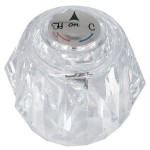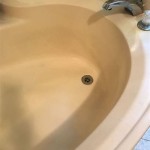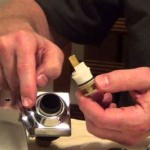Discover the Essential Aspects of Japanese Style Bathtubs
Indulge in tranquility and embrace the rich heritage of Japanese bathing culture with a Japanese style bathtub. These luxurious soaking vessels provide a unique and restorative experience, offering a myriad of benefits for both the body and mind.
1. Design and Aesthetics
Japanese style bathtubs are renowned for their minimalist and elegant design. Crafted from durable materials like Hinoki wood, ceramic, or acrylic, they typically feature a rectangular or oval shape with clean lines and a deep soak depth. The simple yet refined aesthetic complements any bathroom decor, creating a serene sanctuary for relaxation.
2. Materials and Craftsmanship
Traditional Japanese bathtubs are made from Hinoki wood, an aromatic cypress renowned for its water resistance, natural antimicrobial properties, and soothing scent. The warm, reddish-brown wood grain adds a touch of natural beauty to the bathroom, creating a spa-like atmosphere.
Modern Japanese style bathtubs may also be made from ceramic or acrylic, offering more affordable and durable options. They often feature a textured or matte finish that mimics the appearance of Hinoki wood, providing a similar aesthetic and soaking experience.
3. Soaking Experience
Japanese style bathtubs are designed for deep and relaxing soaks. The deep depth allows for full body immersion, submerging the user in warm water up to their neck. The hot water promotes circulation, relaxes muscles, and soothes aches and pains.
Traditional Japanese bathing rituals involve soaking in a hot bath for extended periods, up to 20 or 30 minutes. This practice is believed to detoxify the body, reduce stress, and improve sleep quality.
4. Therapeutic Benefits
Beyond relaxation, Japanese style bathtubs offer a range of therapeutic benefits. The warm water promotes blood flow, reducing muscle tension and stiffness. It can also help alleviate pain associated with conditions such as arthritis and fibromyalgia.
The deep soaking experience helps release endorphins, which have pain-relieving and mood-boosting effects. In addition, the Hinoki wood used in traditional bathtubs releases natural oils that have antiseptic and calming properties.
5. Installation and Maintenance
Japanese style bathtubs require specialized installation, as they are typically built-in or recessed into the bathroom floor. Professional installation is recommended to ensure proper plumbing and to prevent leaks or overflow.
Maintenance involves regular cleaning with mild soap and water. Wooden bathtubs may require occasional re-oiling or treatment with specialized products to maintain their natural beauty and prevent water damage.

Japanese Style Bath Archives Cabuchon

Japanese Soaking Bathtub Tubz Com

Japanese Soaking Tubs Everything You Need To Know Spaflo

Deep Soaking Tubs Japanese Bath Extra Soaker

Ofuro Japan S Sustainable Bath

10 Favorites Japanese Style Bathtubs Around The World Remodelista

Japanese Bathroom Wasou

Guide To The Art Of Japanese Bathing Ofuro Soaking Outdoors Goodland

Soluna Copper Japanese Soaking Tub Double Wall Barril De Vino Sinks

Greatest Hits 2024 All About Japanese Ofuro Soaking Tubs Gardenista
Related Posts







